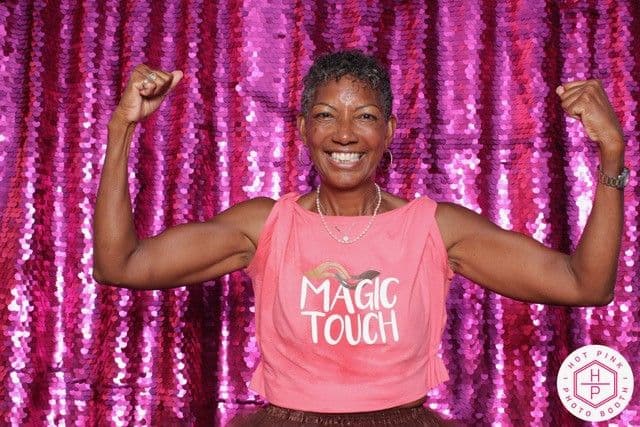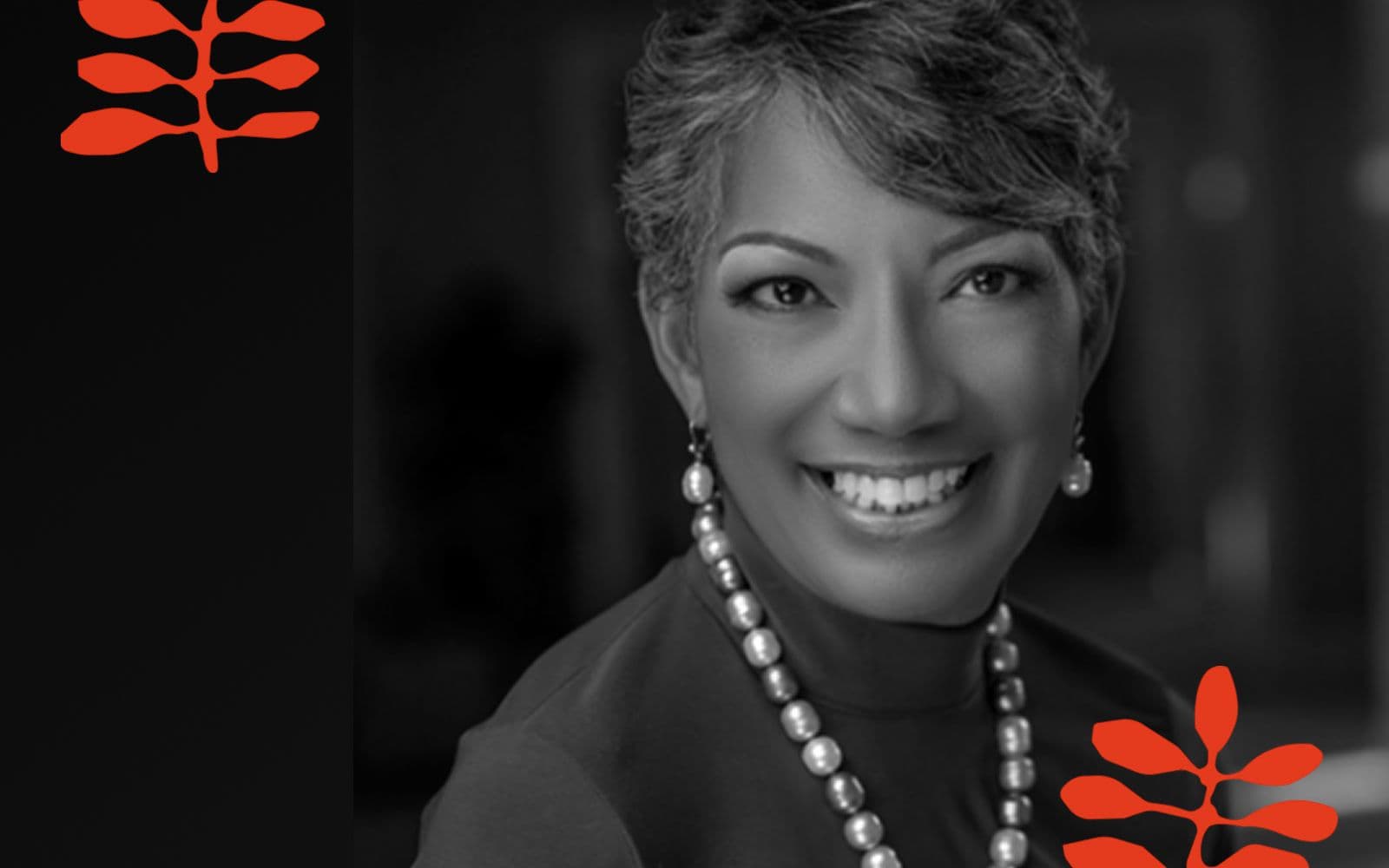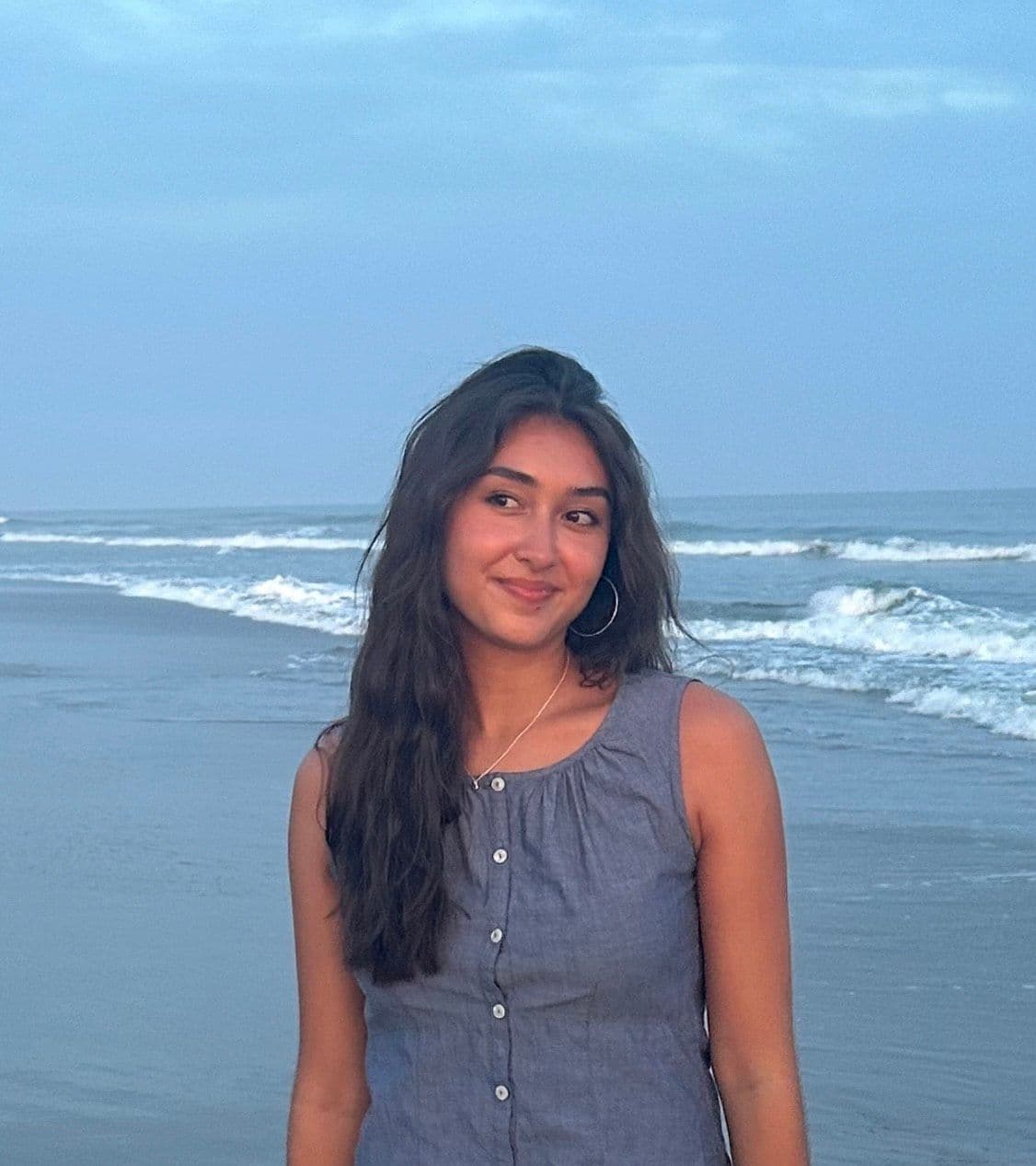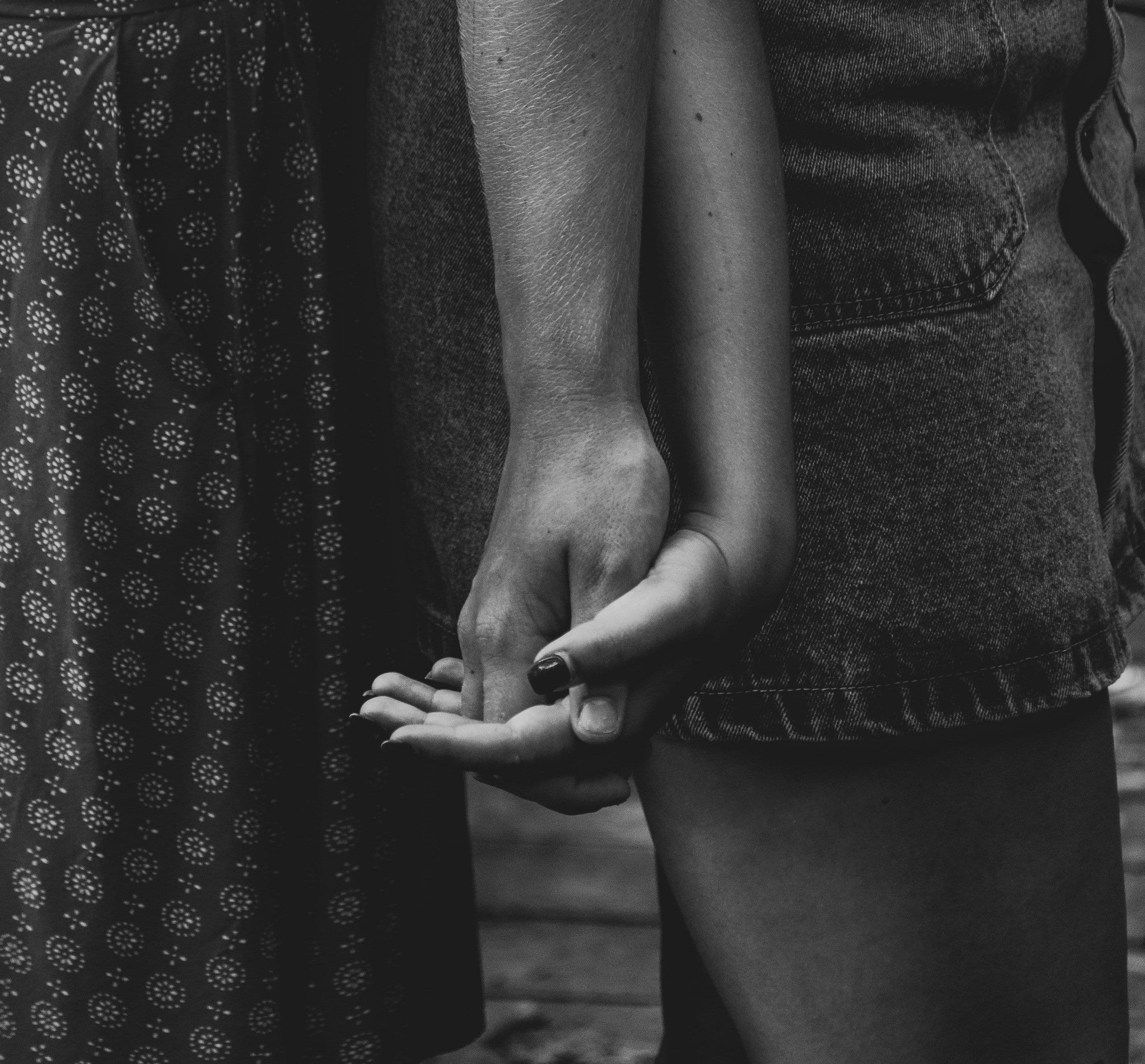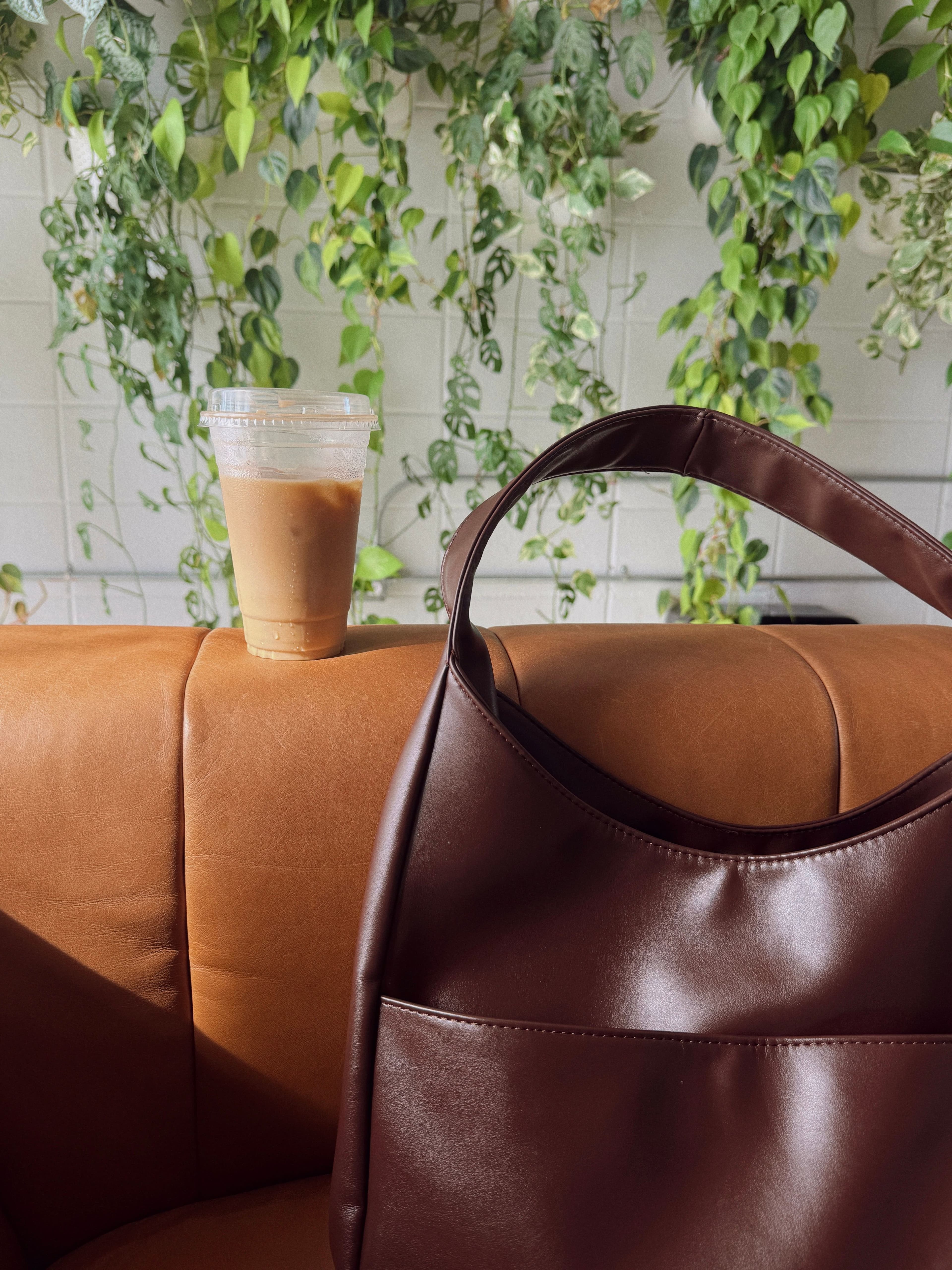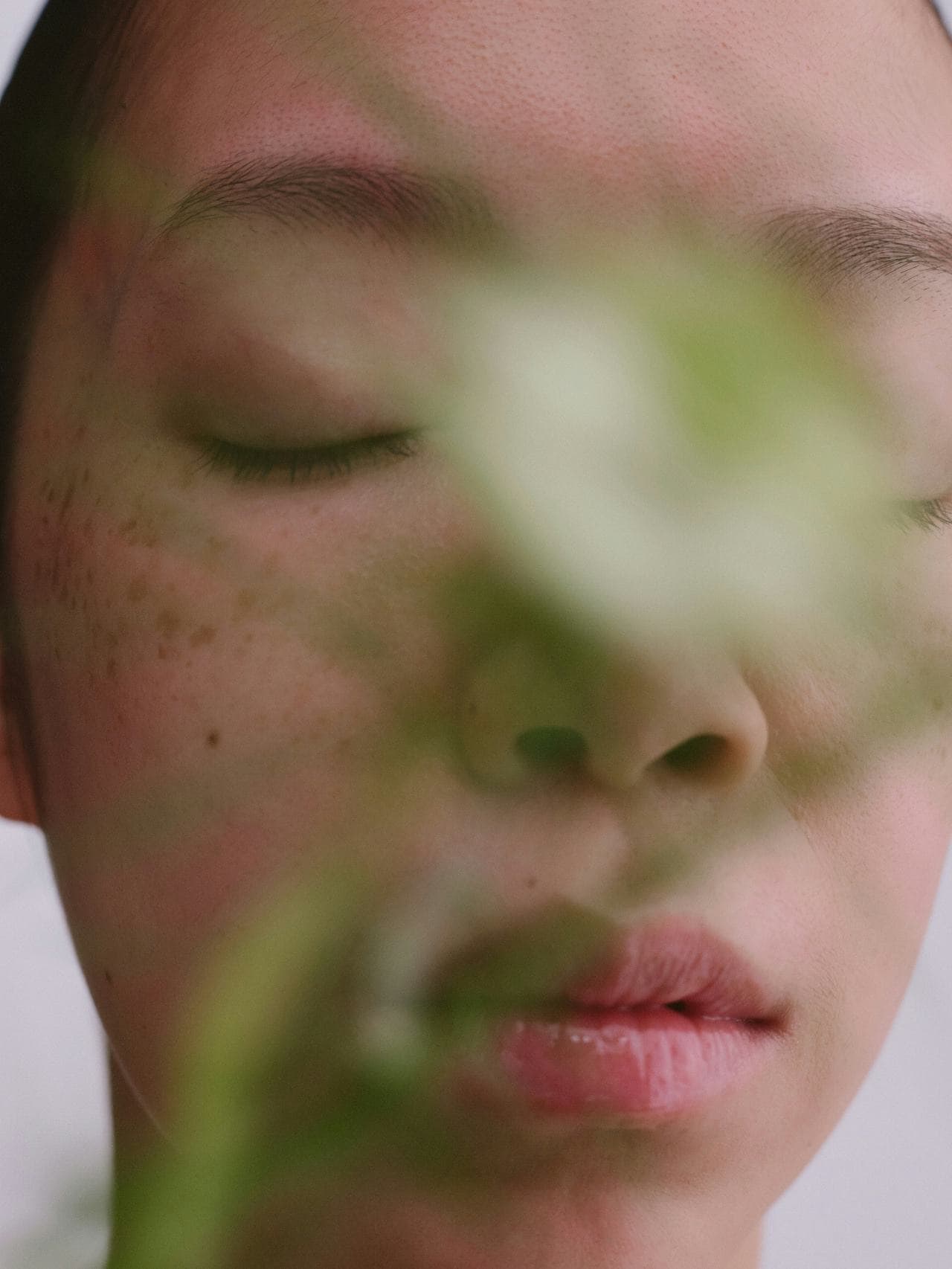After Ricki Fairley was diagnosed with stage three triple negative breast cancer at 55, she pursued a variety of treatments. She had a double mastectomy, six rounds of the “red devil” chemotherapy, six weeks of radiation and then her doctor reported she had no evidence of disease. A year later, her scans came back metastatic.
Fairley’s response: “I really can’t die right now.” Her daughter was a sophomore at Dartmouth and she needed to stay alive, she thought, until 2014 to pay tuition. Through the Triple Negative Breast Cancer Foundation, she connected with Dr. Ruth O’Regan, who advised her doctor to put her on chemotherapy drugs that were new triple negative breast cancer at the time.
Fairley is a marketing person by trade; she ran massive brand management campaigns for Johnson & Johnson, Nabisco, Coca-Cola, and President Barack Obama. But after experiencing metastatic triple-negative breast cancer as a Black woman, she dedicated herself to a new campaign. Thirteen years after her chemo, she’s the co-founder and CEO of TOUCH: the Black Breast Cancer Association, and has since spent her life advocating for Black women’s participation in clinical trials and finding a cure for Black Breast Cancer (three words that when grouped together, she and her colleagues at TOUCH always capitalize, to emphasize their message that it’s a different disease). We talked to Fairley about her work.
Q:
Can you define Black Breast Cancer for us?
A:
[When I got my second diagnosis], I realized [my oncologist] didn’t really know what she was doing. So, I went to Dr. Google, and there was nothing good: “You’re going to die, you’re going to die, you’re going to really die if you’re Black… I said, “Something's wrong. The drugs are not working for us. Our cancer is different.”
[After my treatment,] I went back and looked at the clinical trials for most of the standard of care drugs that we take for breast cancer, and there were no Black women in the trials. I don't want anybody to die of breast cancer, but I want mortality rate parity for Black women. When I dug into the data and saw that Black women had a 41% higher mortality rate. I said, "Oh my God, we have a different disease. Black women have a different disease.”
So, I started talking about Black Breast Cancer. I actually wrote down a definition for it. I got a bunch of doctors to help me. We now know, and I've seen it under a microscope, that a Black triple negative breast cancer cell looks nothing like a white one. Our immune cells look nothing like a white immune cell. We have a lot of research and data now to validate what I've been saying for years.
Q:
Why are there so few Black women in clinical trials?
A:
We spend a lot of time trying to help pharma get Black women to their clinical trials. We did a research study, four years ago now to really understand: Why are Black women not participating in research? And two things came out. First, doctors don't invite us. If it’s racism, or, whatever the reason is, they think, “Oh, she's a single mom, she's not going to show up.”
Then the second and equally important reason was, “I think I'm going to get a sugar pill and die.” I heard that resoundingly from blessties [“blessties” is what Fairley calls her fellow Black Women with breast cancer]. We did 15 focus groups and a 300 client study on Black women with breast cancer, and we found that they had no idea what a clinical trial is. How would they? How would you know that you're going to get a better standard of care [in a clinical trial]? How would you know the clinical trials have better outcomes unless your doctor told you?
So, we built this campaign called WhenWeTri(al) and we launched it three years ago. It’s all about educating Black women about trials, explaining the importance of them and having blessties talk about their personal experiences with trials, and we’ve signed up 28,000 Black women into our clinical trial portal on the site.
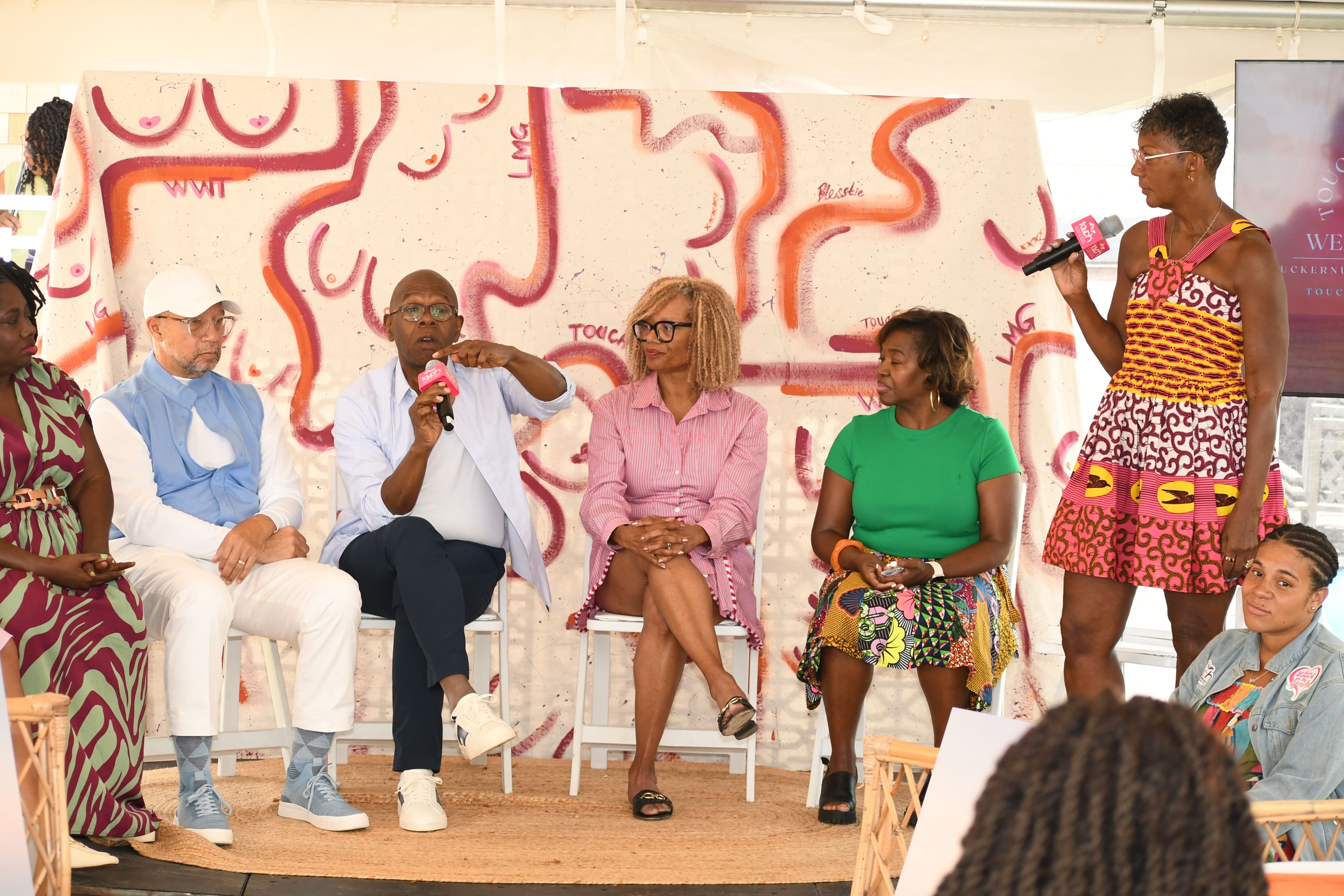
Q:
What advice would you give to Black women who’ve received a diagnosis?
A:
If you don’t have 120% confidence in your doctor, you can fire them. There’s plenty more, and we’ll help you find another one. No’s never the answer, it’s always how. Don't think about money or insurance. Figure out how to get the best care you can.
And, if you can, find a Black doctor or a doctor with experience with Black women, because our breast cancer is different.
Know your body, know your history, know your herstory. Talk to your families. Force the conversations. Black people don't talk about health until they're in a crisis.
And, find the clinical trial. The drugs we have are not working effectively and the standard of care drugs are never going to be as good as a trial right now.
And know that your peace is non-negotiable. If somebody's not bringing any joy in your life, they gotta go, get rid of all the cancers in your life, not just the one in your body.
Q:
What would you say to women who are afraid of clinical trials and what they might think of as “experimental drugs”?
A:
There are rules in place to protect you. Anyone participating in a trial has to do a lot of stuff to follow the rules and to protect patients. But really, you're going to get “standard of care” no matter what. Standard of care means you're going to get the best drug available that they're comparing the new drug to. So you're either going to get the new drug or the best drug. That's the best place to be. So, you're in the best position, you're going to get the best quality of care, you're going to get the most comprehensive care, and you're going to get something that could save your life.
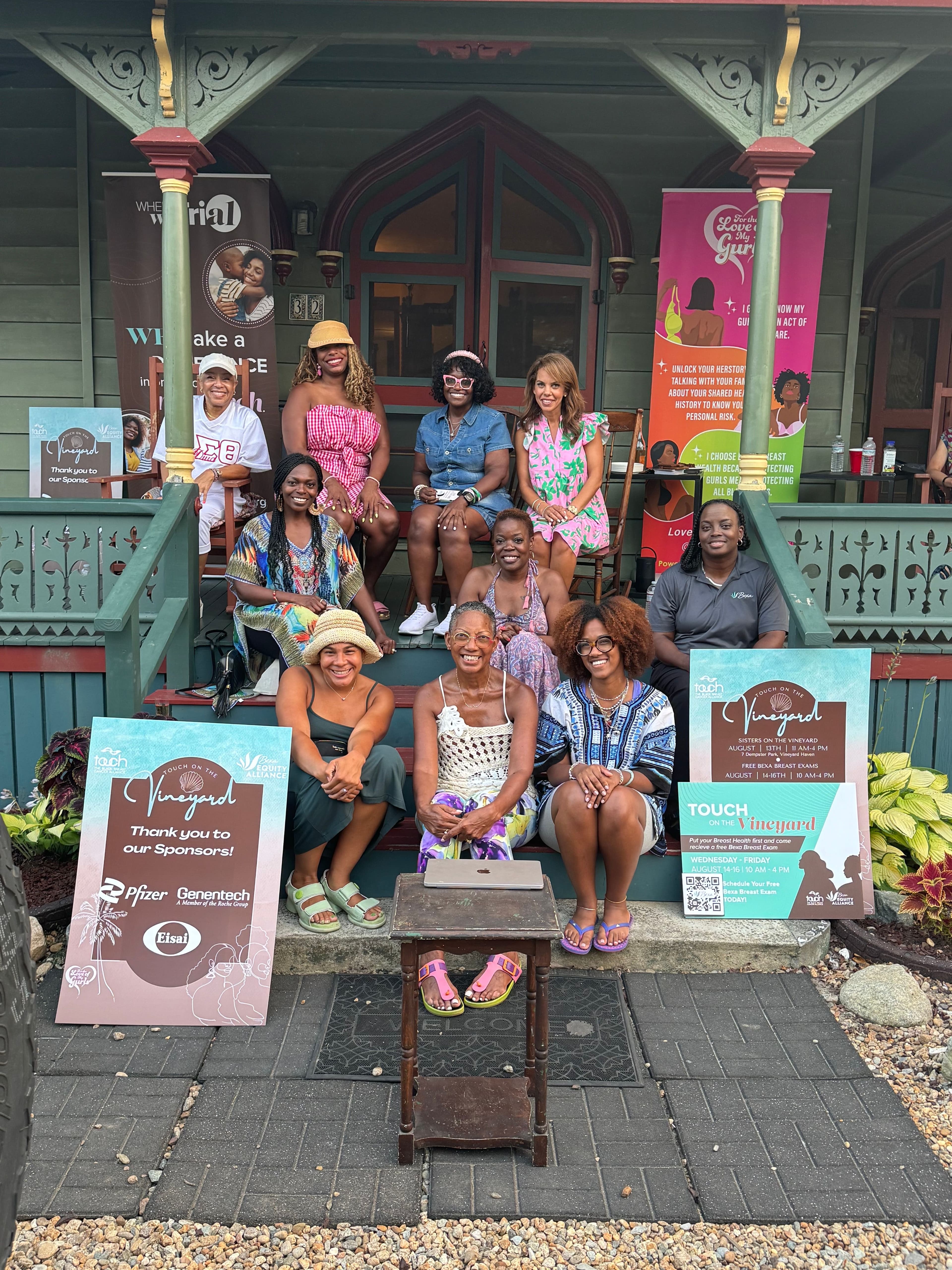
Q:
What about women who might not have access to these trials?
A:
Don't let geography stop you. A lot of times a pharmaceutical company will pay for you to go to get care. We talk a lot about transportation with pharma. You could try telemedicine trials, you can also get some of the trial centers to help [your] doctor execute your care. We'll figure out a way for you. That's what our [nurse] navigators do a lot of… And frankly, if someone wants you to pay for a clinical trial, that is not the trial you want to be in.
Q:
Aside from When We Tri(al), what are some other resources TOUCH provides to support Black women with breast cancer?
A:
We provide 24/7 navigation care. We have a team of nurse navigators, social workers. They're all Black women, and they're all survivors. And they're 24/7. So when a patient gets diagnosed or gets scared, or needs to understand what informed consent looks like they can call our outreach team.
And it's all the time, so when the cancer centers are closed at 5 o'clock, they can call us at 8:00 or 2:00 in the morning or whatever time it is. We are very prideful about that. We take it very seriously, and you never get a message saying, "If this is an emergency, call 911.” I hate that shit. Even if our navigators can't answer, we have a live answering machine that will triage the call and get you to somebody in five minutes. And so, we spend a lot of time and money trying to make that work for people.
We have another website, just for triple negative breast cancer, because [Black women] get it at three times the rate. It's called Black TNBC Sanctuary. And then we have a website called Love of My Gurls, and that's for young women who are not sick. And it's about Black breast health. How do you prepare? How do you prevent? How do you know your herstory? How do you take care of yourself? How do you do a self-exam, how do you self-advocate?
Q:
What is your end goal?
A:
Eradicate Black Breast Cancer. Like I said, I don't want anybody to die from it, but I’d really like to have mortality [rate] parity. I want it to go away. I want to put myself out of a job. I have three granddaughters, and one new grandbaby on the way. I don't want them to talk about cancer. I don't want to think about it.
